Konnichiwa everyone!
Ryo and I just arrived in Japan a couple of days ago. So far, it’s been really great and so peaceful.
It’s completely different from our living environment in the Philippines. For now, we’ll be staying here for 3 months, but we do not know how it goes after that.
For today, I am going to write about English Vocabulary that Japanese commonly misuse.
A lot of ESL teachers to Japanese can surely relate to this. And if you are intending to teach English to Japanese, I am certain that you’ll find this handy.
So, what are these misused words? If you know more, feel free to comment below. :)
SAFE vs SAFETY
What Japanese say: Japan is very safety.
Correct way to say: Japan is very safe.
Why: SAFE is an Adjective and SAFETY is a noun.
SAFE sample sentences
- This park is safe for children to play.
- Is this safe to drink?
SAFETY sample sentence
- As a mother, I always think of my children’s safety.
- The safety of tourists in Japan is always ensured.
📩 英語を話せるようになる第一歩として、リョウが無料で学習相談を実施中です。
発言内容の見える化や添削で、あなたの課題を明確にし、次の一歩を一緒に見つけましょう。
CHOOSE vs CHOSE vs CHOICE
What Japanese say: I choice the blue bag.
Correct way to say: I choose the blue bag / I chose the blue bag.
Why: CHOOSE is a verb, CHOSE is the past tense of choose, and CHOICE is a noun.
CHOICE sample sentences
- We have to make the right choices in life.
- My choice is the blue bag because it looks more fashionable.
CHOOSE / CHOSE sample sentences
- You should choose the best school for you carefully.
- The reason why I chose this school is because it is one of the most reputable schools in the country.
PERFECT vs PERFECTLY
What Japanese say: This is a perfectly dish.
Correct way to say: This is a perfect dish. or This dish is perfectly done.
Why: PERFECT is an adjective and PERFECTLY is an adverb.
PERFECT sample sentences
- He is the perfect husband for me.
- I think being a teacher is the perfect job for me.
PERFECTLY sample sentences
- This steak is perfectly cooked.
- I am perfectly sure that I locked the door.
TEACH vs TELL
What Japanese say: Can you teach me your phone number?
Correct way to say: Can you tell me your phone number?
Why: In Nihongo “oshieru” means both tell and teach.
According to Cambridge English dictionary, Tell means to say something to someone, to give them information.
Whereas teach means to instruct or to give someone knowledge.
TELL sample sentences
- I will tell mom tomorrow that I am getting married.
- She always tells me her secret.
TEACH sample sentences
- Please teach me English
- I will teach you how to make sushi.
ED vs ING
ED vs ING
bored boring
interested interesting
confused confusing
annoyed annoying
amazed amazing
surprised surprising
tired tiring
The above-mentioned examples are just some, and there are more of these.
What Japanese say: Yesterday, I was boring.
Correct way to say: Yesterday, I was bored.
Why: Both be bored and boring are adjectives but are used differently.
IMPORTANT REMINDER: ~ED adjectives are always used to describe feelings and emotions
while ~ING adjectives are used to describe something else.
~ED sample sentences
- The students are confused.
- She was not surprised to hear that she passed the test.
- My mother is interested in visiting Japan
~ING sample sentences
- Today’s lesson is confusing.
- She is a smart student so her high test result was not surprising at all.
- Japan is an interesting country for my mother, that’s why she’s been thinking of going.
INTERESTING vs FUNNY
What Japanese say: Going to Tokyo is Disneyland is funny.
Correct way to say: Going to Tokyo Disneyland is interesting.
Why: Just like “teach” and “tell”, in Nihongo “omoshiroi” means both funny and interesting.
We use the word FUNNY if it makes us laugh. On the other hand, we use the word “INTERESTING” if we find something amusing or fascinating.
GERMANY vs GERMAN / FRANCE vs FRENCH etc
What Japanese say: I want to go to German next year.
Correct way to say: I want to go to Germany last year.
Why: Germany is the country while German relates to the people, language, food, etc.
The only advice I can give my Japanese students is to memorize and familiarize themselves with the names of the countries and the what the people living there are called.
There you go guys! Don’t be confused. It’s not confusing isn’t it? :D






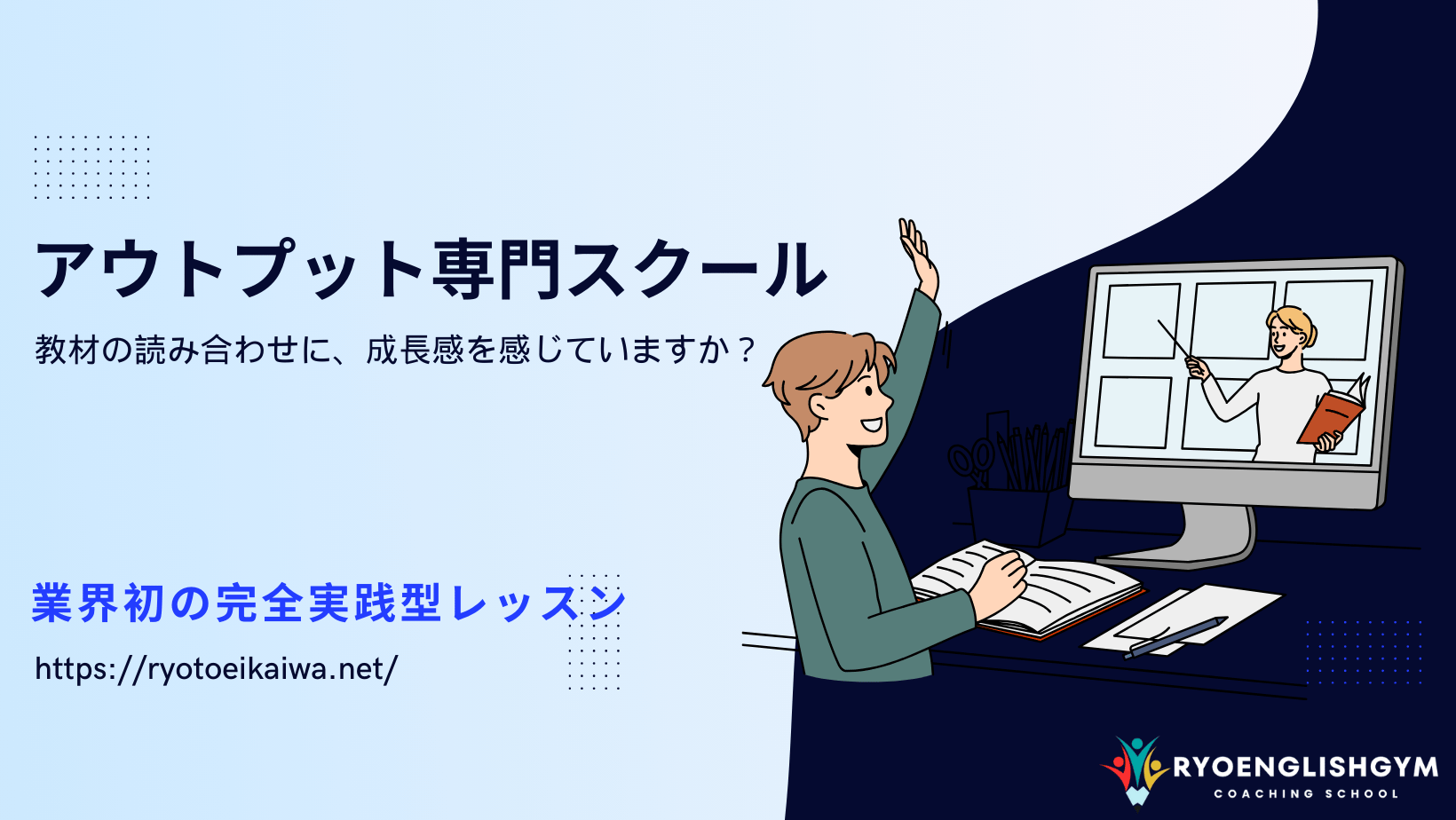

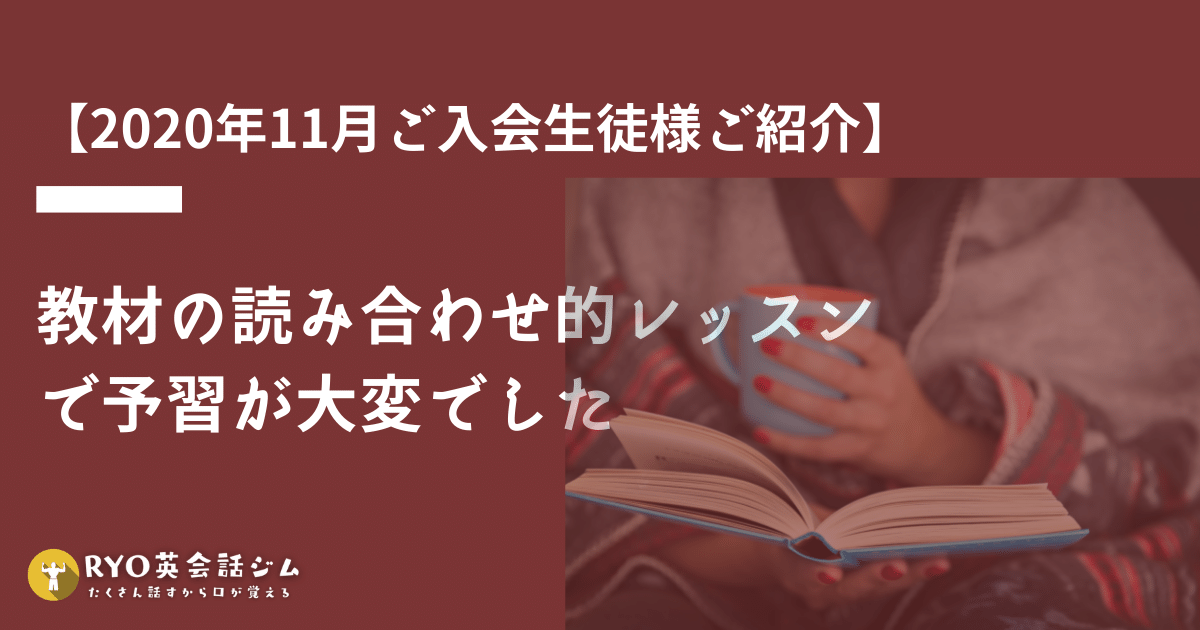


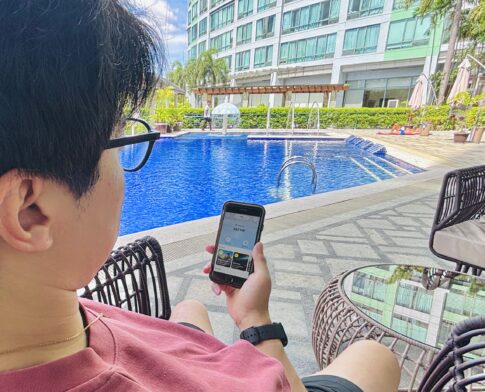
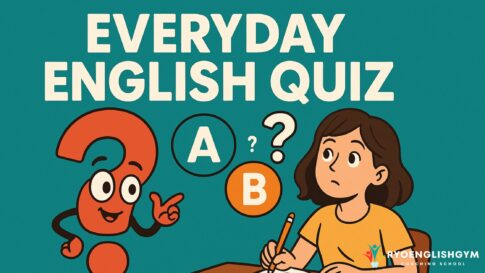






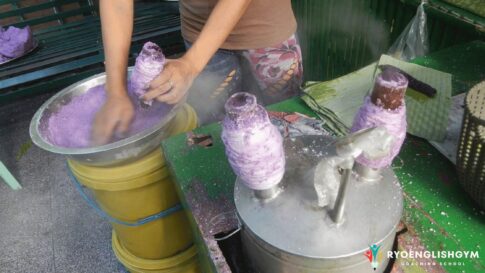
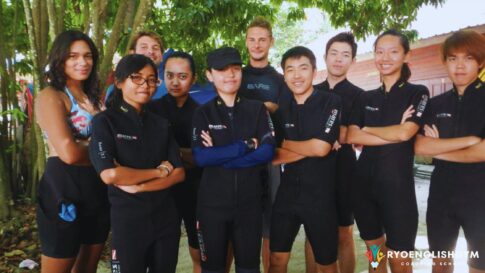

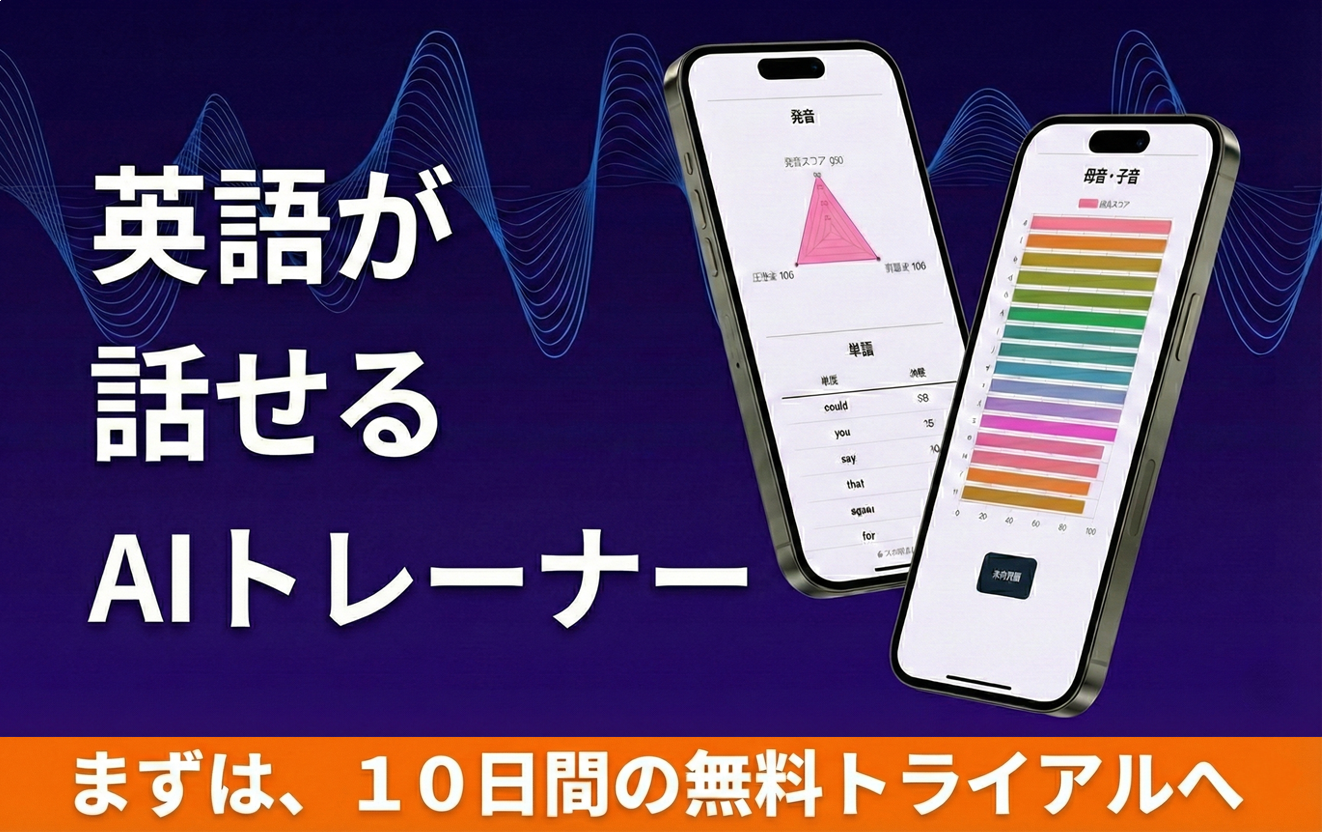
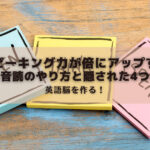




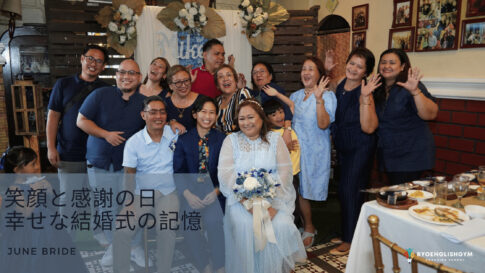
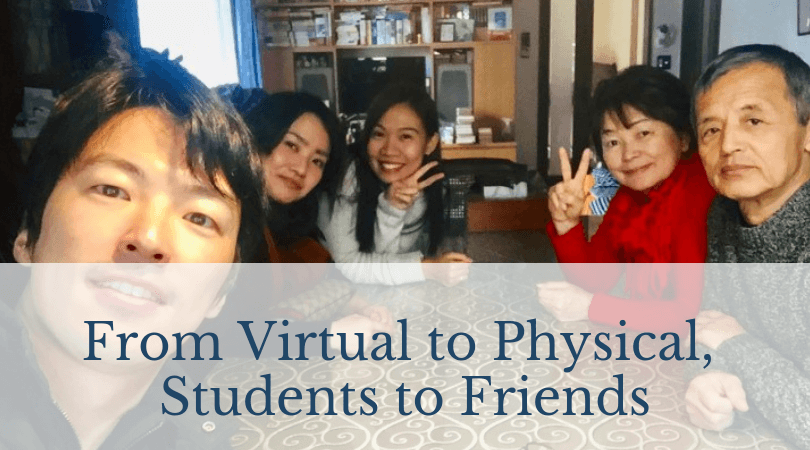









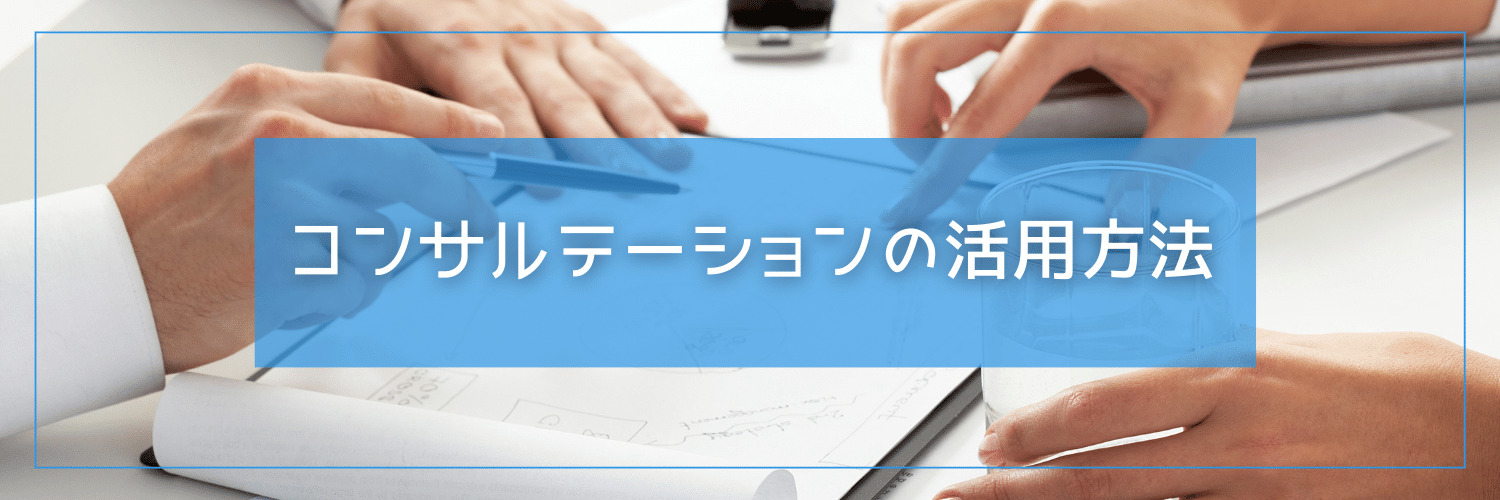
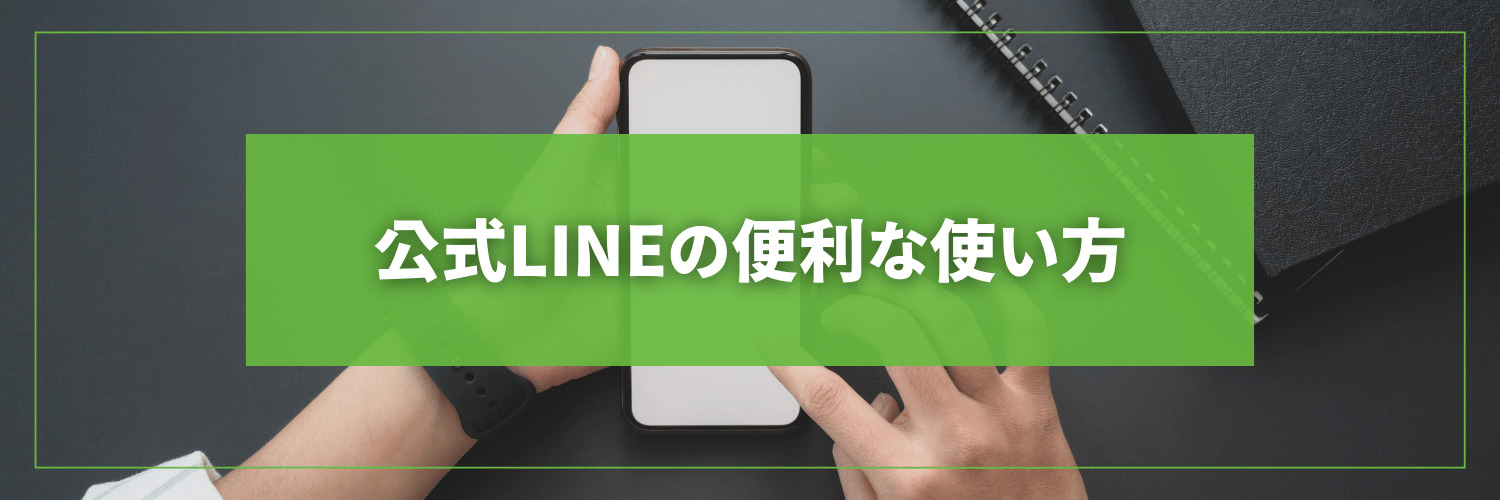





コメントを残す